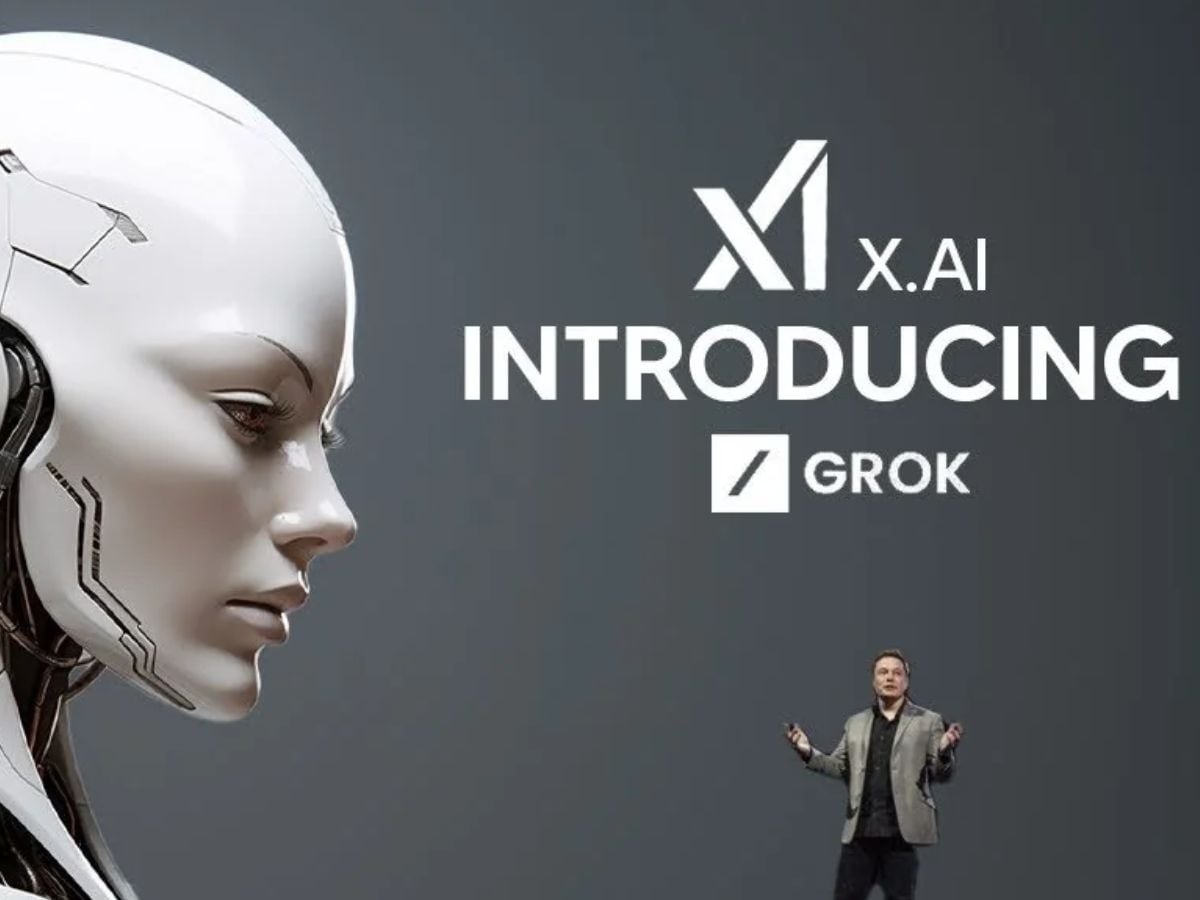Let's reconsider the right candidate profile
Mathew Dixon, partner at DHR Global
Let’s reconsider the view of what "the right candidate profile" for a job looks like. Conventional thinking suggests that a successful hire is an individual performing in a similar role, in the same sector, ideally at a key competitor – "if it's good for them, they’ll be good for us".
Hiring processes are more intense than ever, but tenures of C-suite leaders are getting shorter, so either expectations are misplaced, or they are hiring the wrong people.
Hiring a like-for-like leader from a competitor brings knowledge, but also the urge to implement what has worked previously – in essence cut and pasting a strategic playbook that's a few years old. We wonder why there is still a lack of innovation, diversity of thought or new leaders coming through?
Adaptability, innovation, and resilience would be three skills to prioritise in 2025 – not just for leaders, but also within the companies in which they operate.
There is growing emphasis within executive teams on technology
Harriet Forbes-Lange, partner of consumer practice at Drax
 2025 is set to be a challenging year for UK retail, but it also presents significant opportunities for those who have embedded innovation at the core of their operations.
2025 is set to be a challenging year for UK retail, but it also presents significant opportunities for those who have embedded innovation at the core of their operations.
Innovation is being applied not just in product development but across departments such as technology aimed at reaching and retaining customers. As a result, there is growing emphasis within executive teams on technology, data, ecommerce and customer experience.
Businesses are also becoming more strategic about where they add expertise within their organisations. This includes making executive changes to better align with their value creation plans for the future, as well as recognising the importance of appointing non-executive directors or a non-executive chair.
AI expertise at exec level needs to be considered
James Watson, CEO of Virtua Executive
There is an ongoing challenge for organisations to get the right balance at a leadership level, between experienced senior management and fresher thinking from the up-and-coming stars.
 With AI, we are going to see faster shifts in fashion trends as designers and buyers become more agile. AI expertise, especially at executive level will need to be seriously considered to steer organisations through developing the product roadmap, ethical considerations and value creation.
With AI, we are going to see faster shifts in fashion trends as designers and buyers become more agile. AI expertise, especially at executive level will need to be seriously considered to steer organisations through developing the product roadmap, ethical considerations and value creation.
I see a major need to improve merchandise planning, leverage new technologies and improve business capabilities to optimise inventory.
Executives will come up against more challenges around flexibility
Katie Haxton, founder of KH Consultancy
 I believe executive recruiters will come up against more challenges around flexibility when negotiating packages, as many fashion brands and businesses are demanding more time in the office. It will be interesting to see whether those brands who want staff in for a minimum of four days continue to retain and attract top-tier talent.
I believe executive recruiters will come up against more challenges around flexibility when negotiating packages, as many fashion brands and businesses are demanding more time in the office. It will be interesting to see whether those brands who want staff in for a minimum of four days continue to retain and attract top-tier talent.
I can't help but also feel it's a bit of a step backwards for women in the workplace, who have been able to thrive and progress with flexibility, balancing employment with the likes of pregnancy, childcare and the menopause more easily.
We are likely to see a continued increase in opportunities around AI, tech and digital transformation. Recruiters will need to support clients in anticipating future skills gaps for these rapidly progressing areas through the hiring process.
We expect thinning junior and middle management ranks
Orlando Martins, founder and CEO of Oresa
We expect greater turnover in CEOs and MDs. It’s already starting to happen. Demand will also likely rise for detailed-focused COOs, as fashion retailers prioritise cost efficiency and simpler structures.
 We’re also seeing demand rise for creative, product and brand marketing roles, as companies look to create clear points of difference, with stronger emotional engagement.
We’re also seeing demand rise for creative, product and brand marketing roles, as companies look to create clear points of difference, with stronger emotional engagement.
At a senior level, I expect an uptick in non-executive directors and board advisors to supplement skill gaps left by the reducing size of executive committees.
Mid-market permanent hires are down following the national insurance hike. We expect thinning junior and middle management ranks, with less graduate and early stage intake and accelerated AI adoption to boost productivity and keep overheads low. Recruitment rigour will become even more important, because retailers can’t afford to hire the wrong person.
We have seen a huge upturn in COOs
James Hyde, director of Flint Hyde
We are seeing an early increase this year so far for the traditional C-suite positions in retail. There are certainly some changes imminent and the landscape of executives will look very different in 2025. We are also seeing high demand for the following roles and skills:
Chief operations officers: We have seen a huge upturn in this role which is critical to the challenges of global supply chains to include logistics experience, inventory management and relationships with suppliers.
Ecommerce experts: Digital marketing and online marketing skills in SEO [search engine optimisation], SEM [search engine marketing] and analytics are highly sought after.
Data analysts: We are seeing that fashion retailers are increasingly relying on data to make decisions. They are looking for people who can interpret consumer data, sales trends and inventory management.
Sustainability experts: There is a strong emphasis on sustainable growth in the fashion industry. These roles are naturally focused on sustainable practices, ethical sourcing and developing environmentally friendly products.
Social media and content creators: As social media continues to influence shopping behaviours, companies are looking for individuals with the skills to create engaging content on platforms such as TikTok.
 3 hours ago
2
3 hours ago
2




















 English (US) ·
English (US) ·